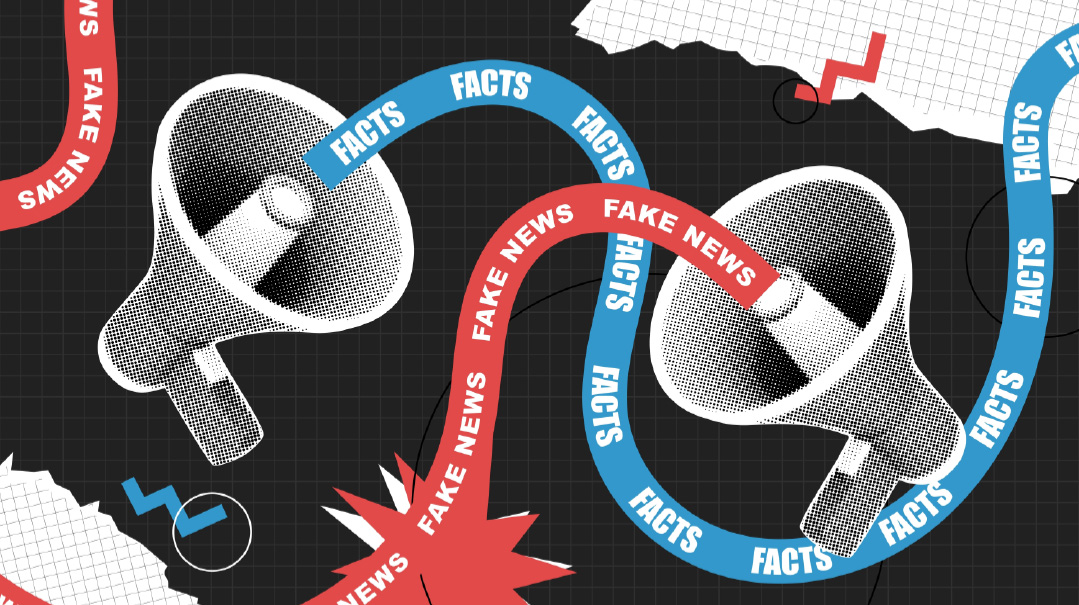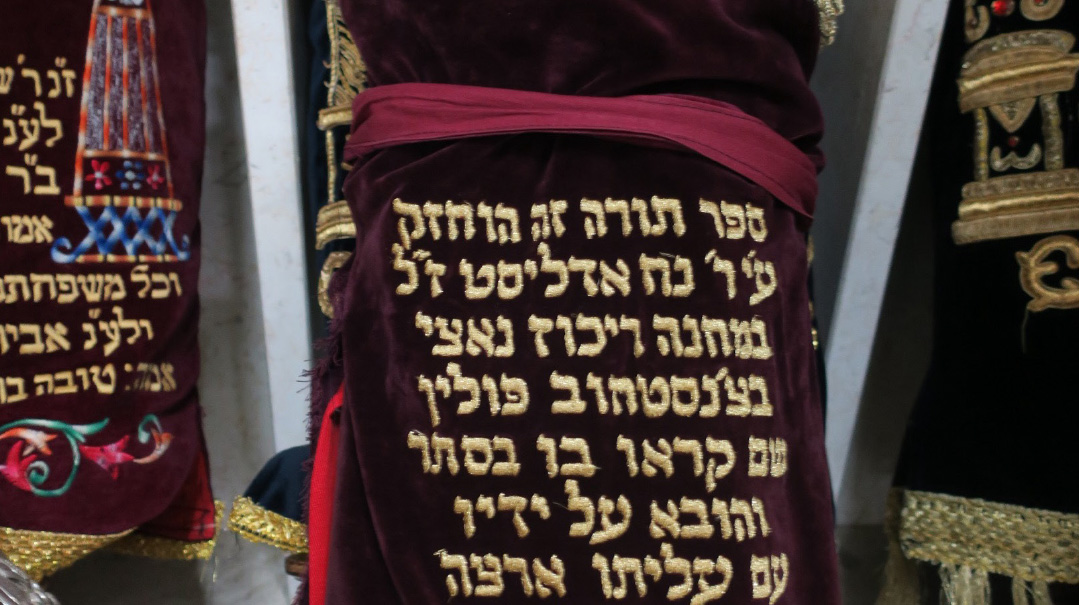The Strength in Our Spiritual Genes

There is within our spiritual genetic pool the potential for great mesirus nefesh
I’M often amazed by my ability to remember shiurim — albeit not many — from forty years ago with absolute clarity (even as I struggle to recall the shakla v’tarya of yesterday’s Gemara). And in my case, many of those shiurim center on Chanukah: learning Rav Hutner’s maamar 9 in Pachad Yitzchak on Chanukah with Rav Yaakov Shatz; a shiur on Chanah and her seven sons given by Rav Mendel Weinbach ztz”l.
Rav Mendel began by retelling the story of Chanah and her seven sons found, with some variations, in II Maccabees, Chapter 7, and the Gemara (Gittin 57b). The sons were brought before the Seleucid emperor Antiochus and threatened with cruel torture if they did not bow to an idol (in the version in Gittin). Each refused to comply, even after watching the hideous tortures endured by his brother(s) before him — their tongues extracted, skin flayed, and limbs cut off.
In the end, only Chanah’s seventh son, a mere boy, was left. He too mocked the emperor to his face and proclaimed his faith in Hashem. In one final attempt to save face, Antiochus offered him an opportunity to escape: Antiochus would place down his signet ring and the boy would pick it up, creating the mere appearance that he had bowed to an idol (according to the version of the Gemara). But again, the boy refused.
Before the boy was taken away to be tortured and executed, Chanah told him something to the effect, “When you get to Heaven, tell Father Avraham, ‘You built one altar for your son [Yitzchak], and, in the end, you did not sacrifice him. I built seven altars and sacrificed seven sons.’ ”
At that emotional high point, Rav Mendel posed a question on those final words of Chanah: “After all she had endured, were bragging rights on Avraham Avinu really uppermost in her mind?”
He then proceeded to answer that question with another question based on the Ramban to Bereishis 32:16, where the verse relates that the Sar shel Eisav wrestling with Yaakov struck Yaakov’s hip socket and dislocated it. The Ramban cites the Midrash in Bereishis Rabbah, which links that blow to Yaakov to the tzaddikim of future generations who would be subjected to attempts to force them into apostasy, at the hands of the descendants of Eisav.
He then identifies that future generation as that of Rabi Yehudah ben Bava. Of that generation, Rabi Chiya bar Abba would later say, “If I were told to give up my life for the sanctity of the Name of the Holy One, Blessed is He, I would give up my life, provided that he kill me immediately.”
But, adds Rabi Chiya, “had I lived in that generation [of Rabi Yehudah ben Bava], in which they placed molten lead under the armpits of those being forced into apostasy, I would not have been able to bear it.”
On that statement of Rabi Chiya, the Ramban comments, “And there are other generations during which they have done such things to us, and even worse things than this; and we have borne it all, and everything has passed us by.”
Rav Weinbach professed to be taken aback by that question. The Ramban, a Rishon, is seemingly calling into question the statement of Rabi Chiya, an early Amora.
He answered that the Ramban was not arguing on Rabi Chiya, but teaching us exactly what he said. Rabi Chiya was speaking in the subjunctive mode — i.e., “had I lived in the dor shel shmad,” not saying what he would have been able to endure in his own time.
Coming after the generation of Rabi Yehudah ben Bava, however, Rabi Chiya too would have endured the tortures of that early generation without betraying his faith. What’s the proof? That is found in the Ramban’s comment: Much later and less elevated generations of Jews have endured such tortures without apostasy.
And what is the source of that strength? All the tortures suffered by previous generations, which have endowed us with a spiritual DNA that provides the strength for the tzaddikim in every subsequent generation to endure what their predecessors have endured and more.
Now we are in a position to understand Chanah’s statement to her youngest son. She was not sending a message to Avraham Avinu that she had endured a greater test than he. Rather her message was: Because of what you did when you bound Yitzchak, a simple Jewish woman, over a thousand years later, was able to watch her seven sons tortured and slaughtered in a single day without losing her resolve — i.e., she brought seven sons on seven altars.
The implications are immense. In the spiritual realm, something like Lamarck’s theory of the transmission of acquired traits applies. Or perhaps more accurately, there is within our spiritual genetic pool the potential for great mesirus nefesh, which is expressed under certain circumstances.
That does not mean that we should spend much of our time contemplating whether we would have had the strength to go to the gas chambers with “Shema Yisrael” on our lips or to have passed any of the innumerable tests of Jewish history. Nor need we berate ourselves that we are not confronted with any such tests today.
At whatever level, the life of a Torah Jew will always entail some degree of mesirus nefesh, even if it is only to learn a bit more or do more chesed. And when we choose that path of mesirus nefesh, we should know that we have it within ourselves to prevail.
A lichtige Chanukah.
Look Again
For a while now, I’ve been bothered by one of my fellow mispallelim. My problem: In a shul with plenty of ArtScroll Hebrew siddurim, all in good condition and neatly arranged, he insists on davening from his phone. That is something not frequently seen in Israel.
Yet I know this fellow to be an erliche Yid, not that I’m the one passing out scores. And so, rather than let myself be distracted by his davening, I asked him to solve the puzzle for me.
I was actually pretty confident he would have a good explanation. And he did. First, the resolution on the phone makes it easier to see, and he has reached an age where that can be important (as have I). Second, it is lighter to hold, also a factor with age.
Then he mentioned two other features that provide real added value. One highlights in red any special prayers of the day, such as yaaleh v’yavo on Rosh Chodesh, to ensure that they are not overlooked. And two, the davening app contains all nuschaos, and since he frequently davens in a minyan where the nusach follows that of the sheliach tzibbur, he is always able to daven privately in his own nusach and be together with sheliach tzibbur when necessary.
I am always excited when I find out that a negative impression I might have formed of someone is wrong. And in this case, the negative impression was of someone whom I know and like. So I was delighted I had asked, and that he had such a ready answer.
Rav Aryeh Levin used to ask: What is the difference between an oheiv emes and a sonei sheker? At first glance, they might appear to be flip sides of the same coin. But they are not. The sonei sheker is always seeking to ferret out the sheker. The oheiv emes looks to find the nekudah of truth, even among the sheker.
So, it seems to me, should we always be looking to find the good in our fellows, and even where we think there might be something to criticize, to look a little deeper in the hope of being proven wrong.
(Originally featured in Mishpacha, Issue 941. Yonoson Rosenblum may be contacted directly at rosenblum@mishpacha.com)
Oops! We could not locate your form.







